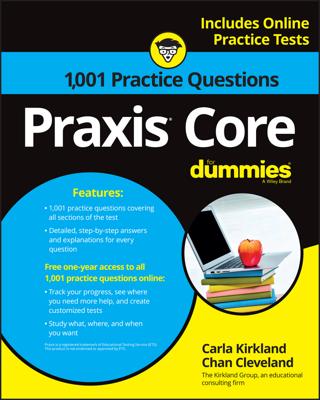In questions involving sentence correction, the Praxis presents a sentence in which some part of the sentence or the entire sentence is underlined. You’re given five choices for rewriting correcting the underlined section. The first choice makes no changes; the other four are different ways of writing the sentence. Choose the first choice if you believe no change is necessary. Otherwise, indicate which of the remaining choices is best.
The correct answer will be clearly written and will most effectively express the idea presented in the original sentence. Be particularly mindful of word choice, sentence construction, correct grammar, and punctuation.
Annie, who won the blue ribbon for her apple pie, is a better cook than any contestant in the contest.
(A) Annie, who won the blue ribbon for her apple pie, is a better cook than any contestant in the contest.
(B) Annie won the blue ribbon for her apple pie; and is the best cook.
(C) Annie, who won the blue ribbon for her apple pie, had been better in comparison to anyone in the contest.
(D) Annie, who won the blue ribbon for her apple pie, is a better cook than any other contestant in the contest.
(E) Annie won the blue ribbon for her apple pie, she is a better cook than any other contestant.
The correct answer is Choice (D). Using the words “any other” is necessary so Annie (who is a contestant) isn’t compared to herself.
Choice (A) compares Annie to herself. Because she is one of the contestants, she can’t be better than herself. Choice (B) uses a semicolon incorrectly. Choice (C) omits the word “other” and also has an error in verb tense. The verb “had been” creates inconsistent verb tense. Choice (E) contains a comma splice.
My best friend Jacob lately discovered that neither new clothes nor having the right kind of car would get him a date with Sophia.
(A) neither new clothes nor having the right kind of car
(B) neither how good his clothes were nor his car
(C) neither the right clothes or securing the right car
(D) neither new clothes and getting the right car
(E) neither new clothes nor the right car
The correct choice is (E). The correlative conjunctions “neither/nor” must link similar grammatical elements. Choice (E) links a noun, “clothes” to another noun, “car.” Choices (A) and (B) both contain parallel-phrasing errors, and Choices (C) and (D) use incorrect conjunctions instead of using “neither’s” partner, “nor.”

